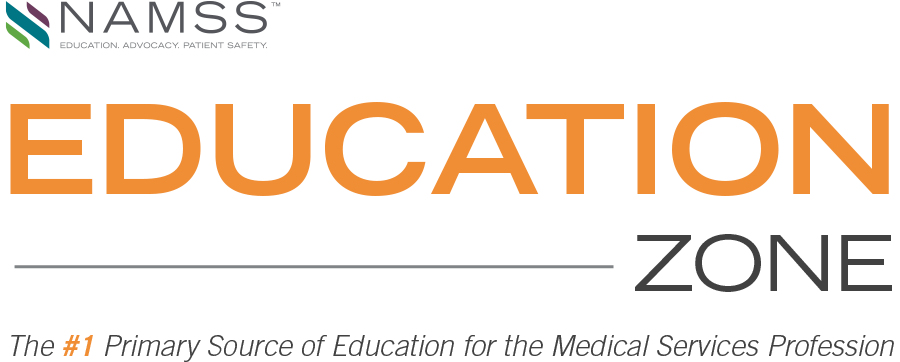
Physician Late Career Policies Under EEOC Attack - Webinar Recording
-
Register
- Non-member - $75
- Member - $55
Title:
- Physician Late Career Policies Under EEOC Attack - Cohosted by AHLA
Speaker:
- Michael Callahan, Esq., Katten Muchin Rosenman, LLP
- Carol Cairns, CPMSM, CPCS, Senior Consultant
Description:
Hospitals and medical staffs are required under accreditation, legal, and licensure standards, as well as patient safety obligations, to make sure that physicians and other health care practitioners are currently competent to exercise all of the clinical privileges granted to them. Verification of competency is usually obtained during the appointment and reappointment process, peer review procedures and FPPE and OPPE requirements designed to identify substandard care as well as possible physician or psychological impairment including issues associated with an aging medical staff. Code of Conduct and Disruptive Behavior policies also are utilized to identify quality and behavioral problems. The problem is that physicians do not self-report and their peers and nurses tend to look the other way for fear of some economic of other form of retaliation. In addition, various studies have conclusively established that a person's cognitive and other skills which are necessary in order to provide high quality patient care services begin to decline after the age of 65.
In recognition of this evidence, and as a way to proactively protect patients from possible harm, many hospitals have adopted what is called a Late Career Policy. Under such a Policy, physicians who have reached a particular age at the time of reappointment, usually 65 or 70, are required to obtain a physical, fitness for duty, or some similar assessment designed to identify any cognitive, physical or neuropsychological deficits. In a development which gained national attention among hospitals and medical staffs, the Equal Employment Opportunity Commission ("EEOC") filed a lawsuit in federal court asserting that the Late Career Policy adopted by Yale New Haven Hospital violated the federal Age Discrimination in Employment Act ("ADEA") and the Americans with Disabilities Act ("ADA") because it required physicians who were age 70 or older to obtain an ophthalmologic and a neuropsychological exam as a condition of maintaining medical staff membership.
The goals of this presentation are to provide a background and overview of the accreditation, legal, patient care and liability issues which gave rise to Late Career Policies, a review of the EEOC lawsuit along with the legal arguments made by the Agency and Yale, including the impact of the court's decision on these Policies if one is issued, as well as how to design and implement a balanced and defensible Policy.
Learning Objectives:
- Identify legal and policy developments which support the adoption of Physician Late Career Policies
- Recognize the types of legal arguments utilized when developing policies which impact independent and employed physicians and factoring them into policy development
- Design and implement a balanced and enforceable Late Career Policy
Who Should Attend:
- MSPs who want to learn the importance of and how to design and implement a balanced and defensible Late Career Policy in their organization
CEs:
- This webinar recording has been approved for 1.5 CE credit.
Cost:
- Hover over the "Register" button in the top right corner to see the price
This webinar covers the following Tomorrow's MSP® Core Functional Area(s) and Skillsets:
Core Functional Area(s):
- Manages the Credentialing or Privileging Process
- Conducts, Participates In, and Maintains Current Clinical Competency Evaluations and Peer Review
- Manages Departmental Operations
- Facilitates Medical Staff Functions
Skillsets:
- Clinical Competence
- Confidentiality
- Legal
- Medical Staff Bylaws & Policies and Procedures
- Medical Staff Professionalism
- Medical Staff Wellness
- Performance Improvement
- Quality Review/Quality
- Risk Management
